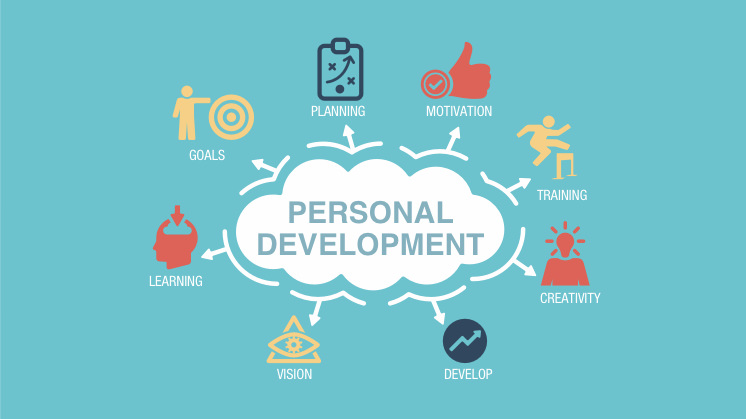In the fast-paced world of hospitality, technical skills are just the beginning. While knowing how to handle reservations or manage inventory is essential, it’s the soft skills that truly distinguish outstanding professionals from the rest. Soft skills, such as empathy, communication, and teamwork, are pivotal in shaping exceptional guest experiences and ensuring a smooth operation. Here’s why these skills are indispensable in hospitality careers:
Enhancing Guest Experience

To begin with, the essence of hospitality lies in delivering a remarkable guest experience. Soft skills such as empathy, active listening, and effective communication are crucial for understanding and fulfilling guests’ needs. For example, when a front desk agent listens attentively to a guest’s specific requests and provides personalized solutions, it transforms an ordinary stay into a memorable one.
Fostering Team Collaboration

Furthermore, hospitality roles often involve working closely with various departments and team members. Soft skills like teamwork, flexibility, and emotional intelligence are vital for seamless interactions. For instance, a server who communicates clearly with the kitchen staff ensures that orders are processed efficiently, thereby enhancing overall service quality and guest satisfaction.
Handling Difficult Situations

Moreover, dealing with complaints and resolving conflicts are integral aspects of hospitality jobs. Soft skills such as patience, problem-solving, and stress management play a significant role here. A manager who approaches a guest’s issue with calm and empathy can turn a potentially negative experience into a positive outcome, demonstrating that the guest’s concerns are genuinely valued.
Building Positive Relationships

In addition, establishing strong relationships with both guests and colleagues is key to success in the hospitality industry. such as friendliness, cultural sensitivity, and interpersonal communication are essential for creating lasting impressions. For example, a concierge who enthusiastically recommends local attractions and engages in friendly conversation can make guests feel welcomed and appreciated, encouraging them to return.
Adapting to Change

The hospitality industry is inherently dynamic, with ever-changing trends and unexpected challenges. Consequently, adaptability and resilience are crucial for managing these changes effectively. Whether it’s accommodating a sudden influx of guests or adapting to new technologies, professionals with strong soft skills can navigate these transitions smoothly and maintain high standards of service.
Enhancing Personal Development

Finally, soft skills contribute significantly to personal and professional growth. such as self-awareness and effective time management not only enhance job performance but also open doors to career advancement. Professionals who focus on developing these skills often find themselves better positioned for leadership roles and other career opportunities.
Conclusion

In summary, in the world of hospitality, where every interaction matters, soft skills are not merely supplementary—they are essential. They play a crucial role in enhancing guest experiences, fostering effective team collaboration, and managing various challenges. By investing in the development of these, hospitality professionals can achieve greater success and fulfillment in their careers, making a meaningful impact in every interaction.
For further reading on soft skills in hospitality, check out these resources: TeacherTube And Zumvu